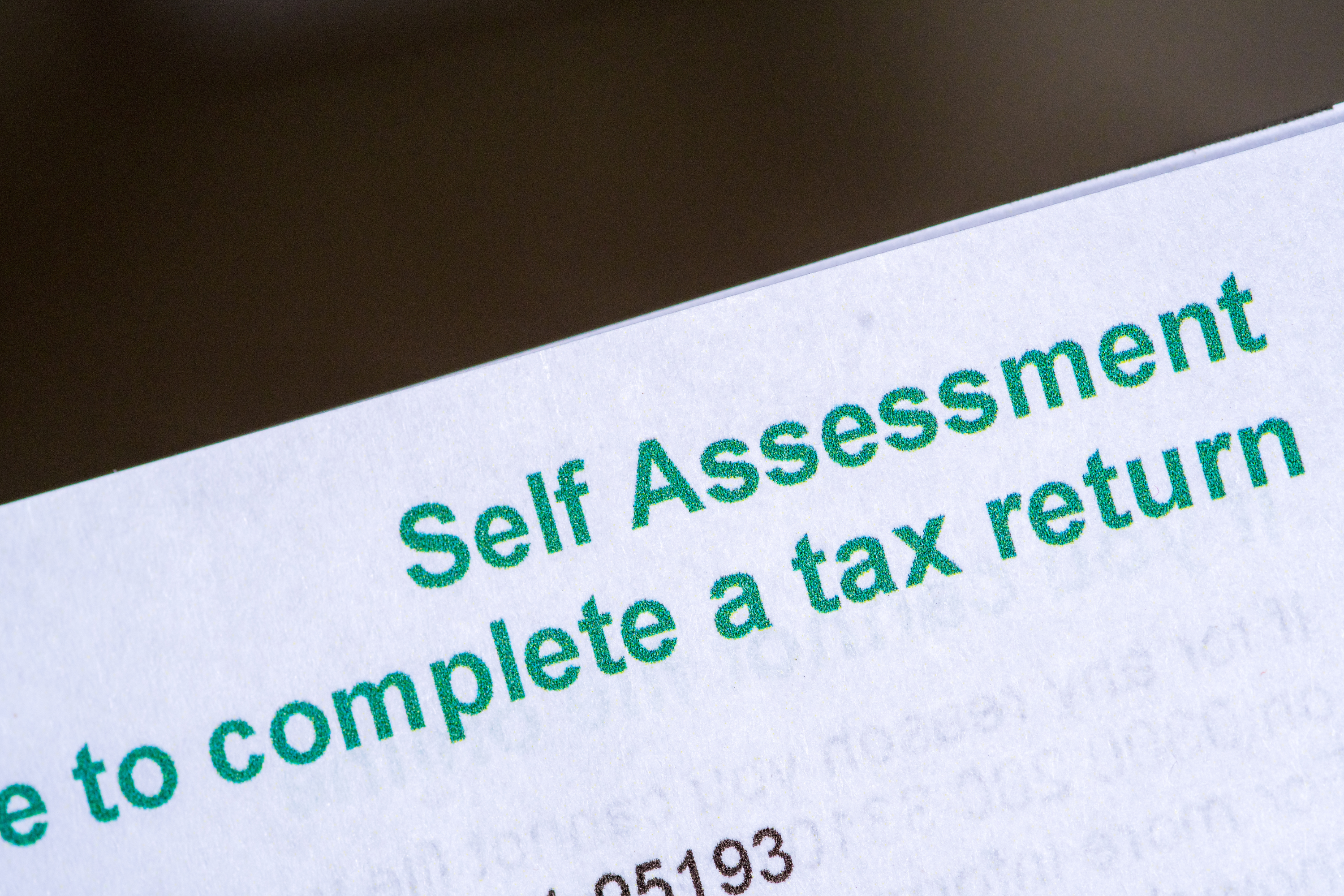Post-pandemic more people than ever before have found themselves working from home – at least for some of the week. The ‘hybrid’ model working where it’s common to divide your working day between home and the office is pretty much standard fare for most employees these days.
For many freelancers working life didn’t really change much during the pandemic since they had already worked full time (or part-time) hours from home. And it’s actually those self-employed workers for whom this article is really for. The reason being if you’re an employee then your opportunities for claiming much money from home working are pretty slim. Having said that, they’re not non-existent – especially if your employee contract states that some of your working time must be spent at home. In this case, you will be able to claim back home expenses.
In terms of being freelance as far as HMRC is concerned, you can do this as a sole-trader, a limited company, in partnership with another person, or working as a contractor.
What kind of home expenses can I claim?
The type of running costs you can write off against your tax bill when you fill out a self-assessment form as a sole trader or if you’re in a partnership are varied. These range from a portion of your gas, electricity and even rent/mortgage to buying Google ads and going on training courses. Here’s a quick list:
- Telephone, internet, and mobile phone bills
- Part of your rent or mortgage
- Utility bills (gas, electric, water) and council tax
- Home contents and buildings insurance
- Office equipment such as a computer, printer etc
- Office furniture ie desk, chair, lamp etc
- Home security costs
- Public liability insurance (if clients come to your home)
- Training costs ie whether online or night class etc
- Promotional expenses (ie buying google ads, your website hosting and design costs)
- Repair costs
- Travel costs are permissible provided it’s for getting or coming back from work to your home. It includes hotel rooms, parking charges and flight costs
- Staff costs
- Subscriptions to trade magazines or websites you use for business
- Legal and financial costs ie bank, overdraft and credit card charges and interest paid for hire purchase agreements and loans
- Clothing expenses – if the items are protective clothing, a uniform or specifically required for work purposes
Tax stipulations for working from home
First though, to claim relief for working from your home there must be a dedicated space you use as an office, or playroom, studio etc. In other words, using the dining table for a few hours every day or going outside selling most afternoons won’t work. The room for which you’re claiming must be used for your business – even if you just store boxes full of promotional material etc in it. That’s because it’s a room that your family don’t use.
If you use a co-working space outside your home you can claim in full for rental costs – but you wouldn’t then be able to add a claim for your house or apartment.
Rental or mortgage costs. You can claim a portion of these if you work 25 hours or more from home. HMRC have a flat rate that you can claim per month, increasing the more hours worked:
- 25-50 £10
- 51-100 £18
- 101+ £26
You can also claim for a portion of the actual expenses themselves ie how much heating, lighting etc you used. With the cost of utility bills having tripled over the past year or so, you’ll get more tax relief calculating this way. To do so divide what you pay by rent or in mortgage payments by the number of rooms in your home. Alternatively, you can do it by room size ie if your home measures1,000 square metres in total and you use use 100 square metres (or 10 per cent) as an office, then it’s possible to claim 10 per cent of home expenses such as utility bills, heating, rent and insurance.
If you and your partner both work from home and use the same office then you can both only claim 50 per cent of the tax relief.
Limited company and rent. If you have a limited company and work from home then it’s possible to ‘rent’ the space from yourself as the owner of the property. That way you know exactly how much to deduct from the business for use of your home as a business. You can claim this when you fill in an HMRC company tax return.
Employees and rent. If you work for a company as an employee then you are more restricted in the home relief you can claim. For instance, it’s only utilities, phone bills, metered water costs and other minor home expenses you can claim for. Again, there are stipulations. For instance, the home work must be in the employee contract (rather than a choice), it must be a main part of the job and necessary (ie it’s not possible to do the job in the office due to a lack of facilities etc). In certain cases the employer themselves may reimburse the employee with a tax-free set amount of £18 per month. If more than this then it has to be no more than the employee actually spends working from home (ie to ensure he or she isn’t profiting).
Tax myths about working from home
And as for those tax myths we mentioned in the title, here’s the most common:
Claiming for mileage between home and work. HMRC refer to this as commuting. It’s only when you go on to a client from your office premises that you can claim. If your office is at home then provided the journey is wholly for business then it’s fine to claim.
Claiming for your lunch and snacks. It’s only permissible to claim for a reasonable cost for lunch, dinner etc if you are away from your normal work location on business. This could be meeting a client half way across the country and you’ve had to stay overnight. It could also be during a day’s training course in another city.
Get in touch
Confused about what you can and can’t claim for while self-employed? Or maybe you simply don’t have the time to sort out your accounts. If so, here at Black and White Accounting we can help. We’re a team of chartered accountants who specialise in helping people just like you. Tel: 0800 140 4644 for a chat today, or contact us here.



